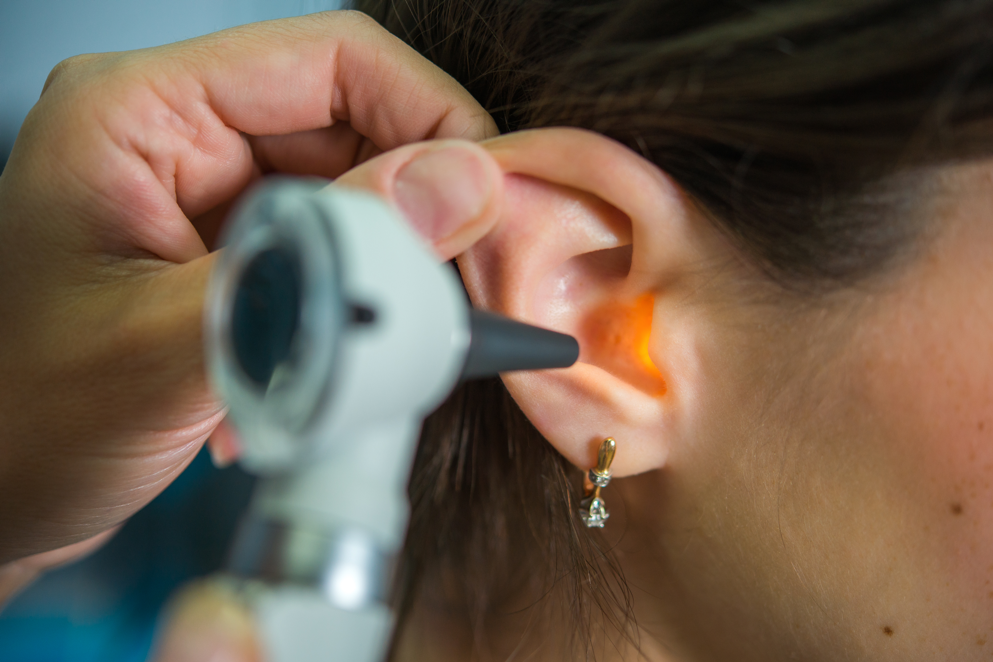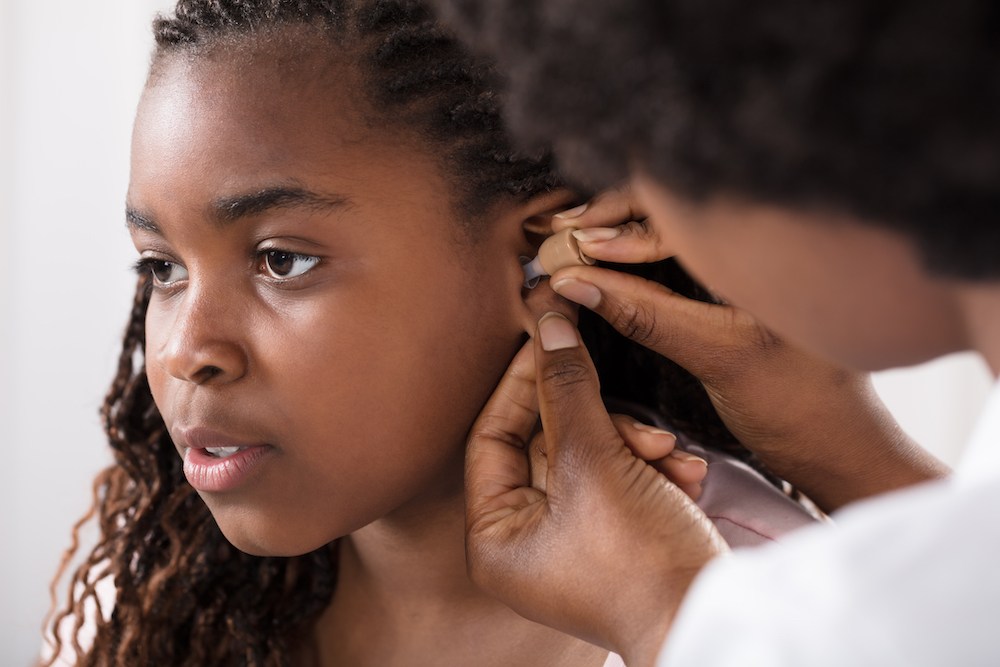What Young Adults Should Know About Hearing Protection
Hearing protection might not be something most young adults think about,
We’re Hiring! Click Here to Learn More About Our Career Opportunities →

If you are concerned about your hearing, you should consider visiting an audiologist. They are well equipped to diagnose and treat a wide array of hearing problems, ranging from hearing loss and tinnitus to balance problems and noise sensitivity. If you’re unsure whether or not an audiologist is the right professional for you to see, consider the following three common conditions they address.
Experiencing hearing loss is more common than you may think. Various factors, like prolonged exposure to noise and old age, may contribute to hearing loss. An audiologist will evaluate your condition and give you the best treatment.
Typical treatments for hearing loss include devices like hearing aids and cochlear implants. It would be best if you always took good care of your hearing aids. Any case of hearing loss warrants a prompt visit to the audiologist’s office.
It is best to book an appointment with an audiologist if you suspect that you are experiencing hearing loss. Early detection makes for more efficient treatment, and you may avoid further loss by taking action fast.
Tinnitus refers to a constant internal ringing or buzzing noise. It is prevalent and is especially common among seniors.
Tinnitus can be temporary or permanent. You may hear that annoying ringing sound after staying in a noisy environment, although this typically goes away with time. If the condition is permanent, the annoying noise still prevails despite not being exposed to loud noises.
Tinnitus may also be a symptom of a possible underlying condition. It is often a precursor to hearing loss and can also point to internal ear injury or problems with your respiratory system.
An audiologist will evaluate your symptoms to determine whether you have these underlying symptoms. If you are found to have Tinnitus, they will offer you the correct treatments. These may include administering hearing aids or undergoing sound therapy.
You should make an appointment with your audiologist as soon as possible if you experience the buzzing or ringing. On top of that, try to avoid listening to loud music or being in noisy places for an extended period.
The production of wax is a natural process. The body produces wax to keep your ears clean, healthy and in good condition. So, when does the amount of wax produced by your body become a concern?
When you have too much wax in your ear, it may start to affect your hearing and increase the risk of having an infection. As soon as you notice a change in your hearing due to excessive wax, you should make an appointment with an audiologist.
An audiologist will assess the extent of the build-up and recommend the necessary treatment. It would be best if you did not try to self-diagnose the condition by unblocking the ear, as you may cause more damage.
Your sense of hearing is crucial. You should seek help if you notice any issues with your ears. Visit the audiologist's office for proper diagnosis and treatment.
Additionally, never self-diagnose, as this may end up worsening your hearing condition. Remember, your ears are exceptionally delicate and taking care of them is essential.

Hearing protection might not be something most young adults think about,

Hearing loss usually starts gradually, making it hard to notice right

Choosing the right hearing aid for your needs is about more than just